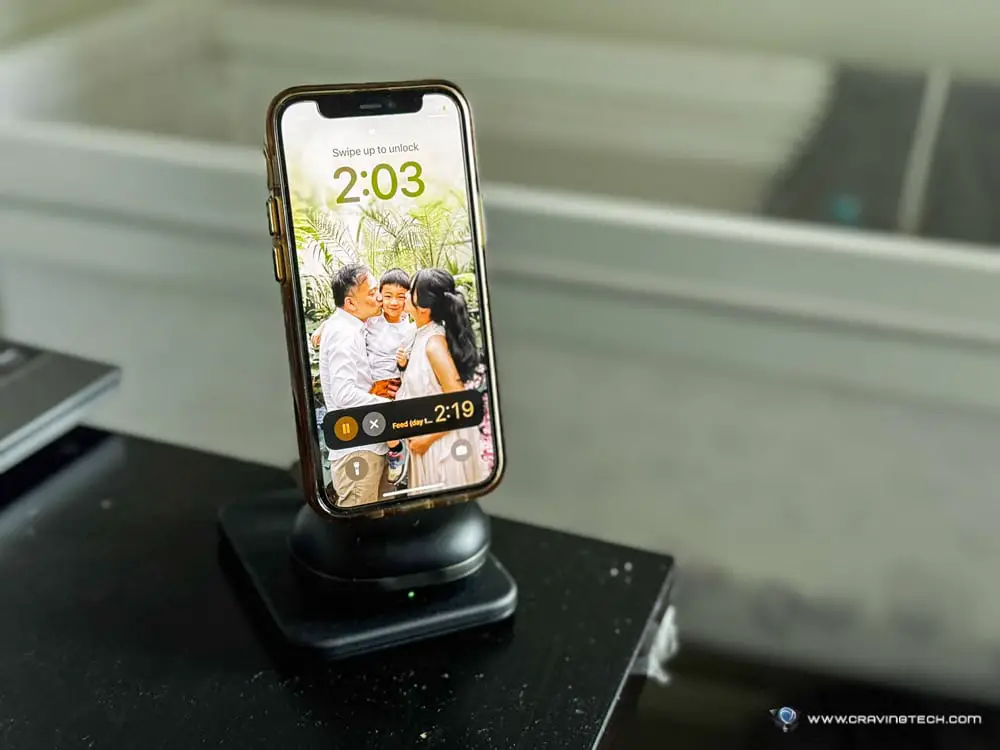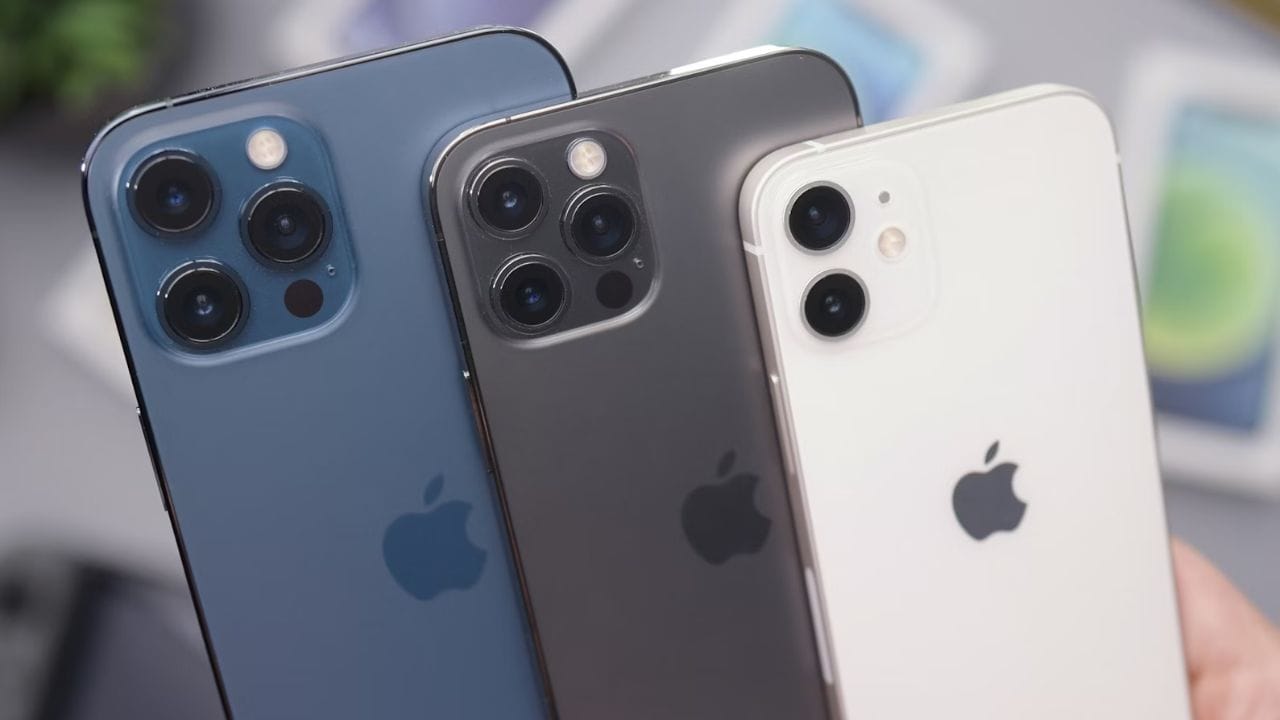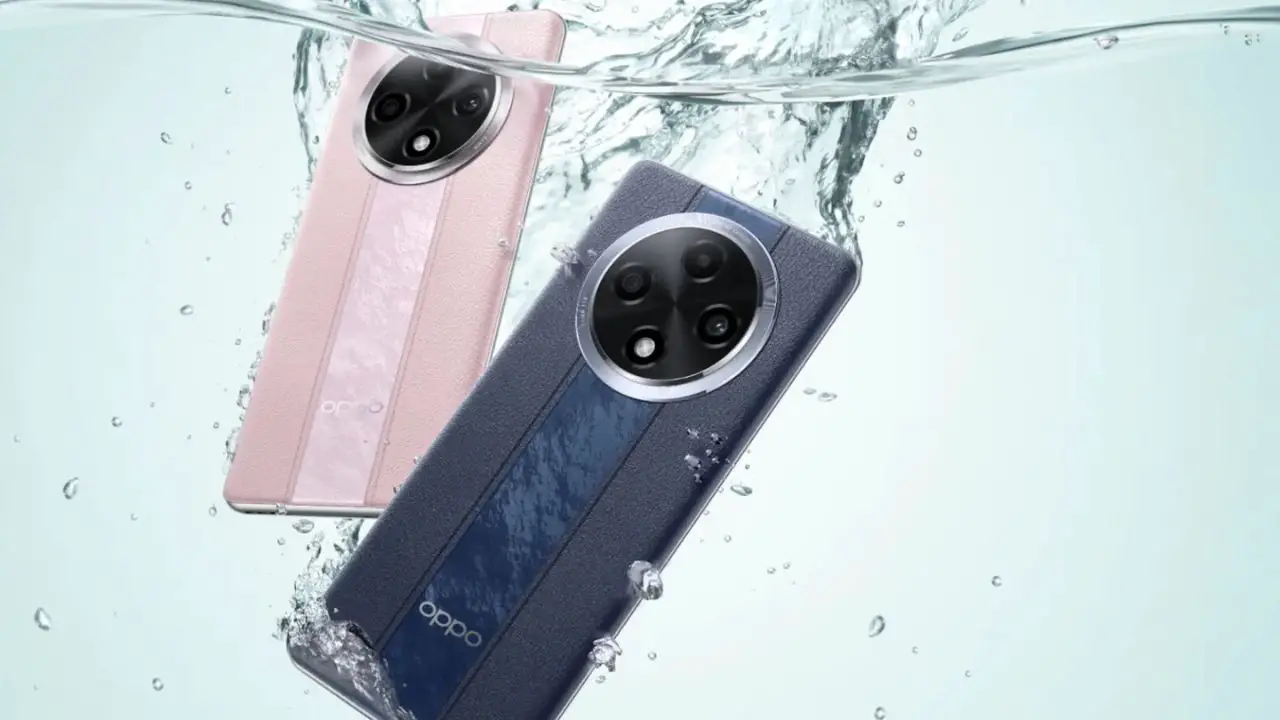We are now a world immersed in new technology stuff, new gadgets and apps blasting us with new technology day in and day out. The most obvious conclusion is having more technology is having a better life. But what if that isn’t true? Step forward the dumb phone – a device that strips away all the excess and hones in on what matters: communication.
Light Phone: What Is It? And Why?
For many of us, growing up without holding a smartphone in our hands evokes some nostalgia for a dumb phone. We had simple devices that could just make calls and send texts when smartphones were invented and took over our lives. We were contented then. As we lay our hands on the comfort brought by smartphones, we automatically also give ourselves over to the distractions that will pull us away from real-life experiences.
The constant buzz of my phone is what always kept me distracted from those mundane moments that held more value—I speak especially as a young mother. I was vainly scrolling through emails, or scrolling through social media, rather than sharing quality time with the family. It became a distraction that I recognized I needed to flee.
But when I started to use a dumb phone, there was a feeling of coming back to real life, and with all the noise stopped, I was finally able to focus on what really mattered-being with my loved ones. Detachment from the artificial world was the chance to reconnect to the real one. I finally managed to have a conversation, enjoy family meals, and merge into a simple joy of life without my phone pulling me into some virtual crack.

One of the greatest things I did not anticipate that would happen if I quit my smartphone was that I would rediscover many old hobbies. Being freed from the constant urge to seek entertainment through apps and videos, I found myself playing with a camera again after having neglected my hobby of 35mm film photography for long years. The excitement over capturing and reeling off memories once again rekindled my well of creativity about art.
I had also been running for a long time without listening to music, letting my mind wander, and being with nature in ways I hadn’t experienced for years. It felt very odd to be alone with my thoughts at first, but as I settled into this new pattern, it was liberating. I began to write more, read novels that had been gathering dust, and even learn a musical instrument. I am shocked at the thought that with every need for a screen in front of me, this life was once fulfilling without it being necessary.
It reminds us to appreciate simple things in life, and thus, it rather fits the idea of a dumb phone. Dropping smartphones teaches us to live in moderation and appreciate what really matters. Beyond taking things easy, it means dealing with life in its totality.
A dumb phone gave me the opportunity to appreciate food, observe beauty in nature, and relate more with friends and family. All of a sudden, meals are savoured without the occupy influence of the phone and pertinent engagement with others.
It is the moment should be embraced rather than rushing through life, and it has really been very rewarding and joyful for me.
The concept of essentialism in author Greg McKeown teaches us to put what matters most and reduce all that is excess. Cutting our phone into a dumb one perfectly illustrates this principle. Simplification of our devices and our digital lives can rather make it easier for us to focus on what is truly important, like family relationships, hobbies, and self-care instead of the many distractions of the online world.
I then realized that not all of those notifications actually deserved attention and that, by embracing this essentialism, relationships improved alongside increased productivity, as well as a heightened sense of calm. By using a dumb phone, I became more intentional about the time and energy spent.

In an age designed to drive the maximum collection of user data into targeted advertising via smartphones, the concern for privacy was already growing. With a dumb phone, you have all your moves tracked; that’s one huge plus to help protect personal information. To sum it all, I have been feeling that nothing’s private anymore. Using such a lesser device has been refreshing.
With the knowledge that data harvesting in my case was not for marketing purposes, brought me a great relief feeling. So, I was able to repossess part of the control over my personal data.
Popular Dumb Phones
If you are in the market for a switch to one of these devices, there are many popular dumb phones available. The Light Phone 2 and 3, Punkt MP02, Mudita Pure, and Sunbeam F1 all have different designs, features, and prices, but they all serve the same purpose: delivering a less distracting communication device. Each of these phones has its unique appeal, so it’s worth investigating which might suit your needs the most.
For example, the Light Phone 2 will allow the user to make simple calls and write simple messages, but with alarm and a simple map navigation. Instead, the Punkt MP02 has a minimalist look because it has a sleek design and only basic communication tools.
Wrapping It All
It may be a rather life-changing decision to switch to a dumb phone. It encourages you to be more present with your life, disconnect from digital noise, and eliminate the concern about privacy. You also save money, though some draw downs—like limited features and inability to use certain apps—are worth the positives.
For if you are getting too overloaded with distraction from the smartphone, then try a dumb one. You may be surprised to discover a more direct and richer way of living in human connections and experiences.






